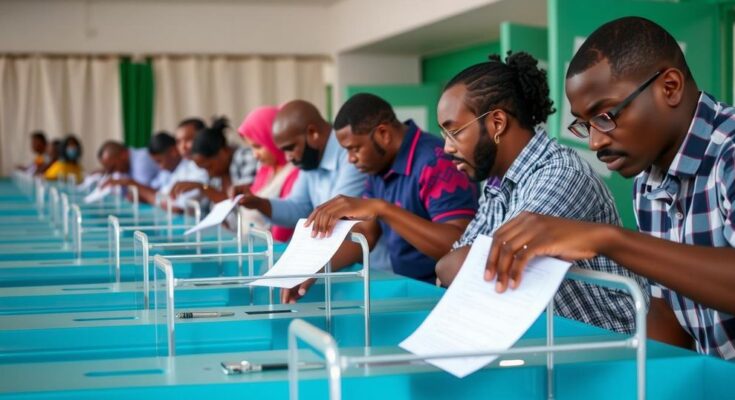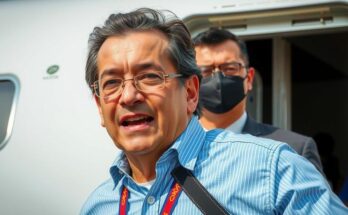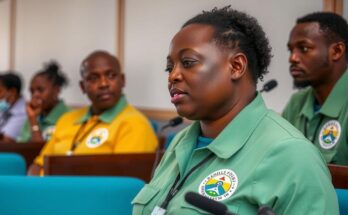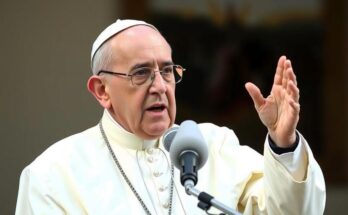Comoros held legislative elections on Sunday, with major opposition groups boycotting due to transparency issues. Nour El-Fath Azali, son of President Azali Assoumani, contested elections amidst logistical challenges at polling stations. Critics view his positioned powers as equivalent to that of a de facto prime minister. The ruling CRC party is anticipated to maintain control, raising concerns over the electoral process’s integrity amidst ongoing allegations of fraud.
MORONI: The Indian Ocean archipelago of Comoros conducted its legislative elections on Sunday, amid significant opposition boycott due to concerns regarding electoral transparency. Notably, Nour El-Fath Azali, the son of President Azali Assoumani and the current secretary general, contested in a constituency on the outskirts of the capital, Moroni. Reports indicate that several polling stations commenced operations late, stemming from logistical failures. In one instance, a United States observer, James Burns, noted that election officials were compelled to improvise a voting booth with minimal privacy provisions. In contrast, another booth was merely a box on a chair, raising further concerns about voter confidentiality.
Nour El-Fath, prior to his appointment in July 2024, served as a private advisor to his father, who initially ascended to power via a military coup in 1999. His newly acquired authority, which includes the power to sanction decrees from ministers and governors, has led critics to regard him as the de facto prime minister. President Azali, who secured reelection in January 2024 amid allegations of electoral malfeasance, maintained that there were no significant disturbances during the campaign period, despite adverse weather conditions.
The opposition aimed to participate in this election to avert a repeat of the 2020 legislative boycott which benefited Azali’s ruling party, the Convention for the Renewal of the Comoros (CRC) by leaving them uncontested in many districts. However, evidencing frustrations with the electoral process, one voter illustrated a lack of ink on his finger, indicating his concern about the integrity of the voting procedure. The CRC is poised to maintain its parliamentary dominance as many of its opponents face no challengers in their constituencies. Out of approximately 340,000 registered voters, thirty-three parliament members are to be elected through a two-round ballot, with the second round scheduled for February 16. Azali’s administration now seeks to stabilize its hold until 2029, yet allegations of electoral fraud continue to impede acceptance among the populace, with past electoral violence resulting in fatalities and injuries.
The current political climate in Comoros has been shaped by a complex history of military coups and disputed elections. President Azali Assoumani, who has alternated between military and civilian leadership since 1999, was reelected in January 2024, a victory marred by accusations of fraud. The recent elections are critical as they follow an opposition boycott during the 2020 legislative elections, which allowed the ruling party to secure an overwhelming majority. Thus, the opposition’s engagement in this vote reflects a strategic decision to regain influence in a political landscape that has faced international scrutiny for transparency and fairness.
The legislative elections in Comoros highlight the ongoing challenges of governance and electoral integrity in the nation. Despite efforts by some opposition candidates to participate in the elections, the backdrop of accusations of electoral fraud and logistical shortcomings raise serious questions about the future of democratic practices in the country. As the ruling CRC is expected to continue its parliamentary dominance, the political environment remains fraught with tension and uncertainty following past violent episodes related to disputed election outcomes.
Original Source: www.arabnews.com




